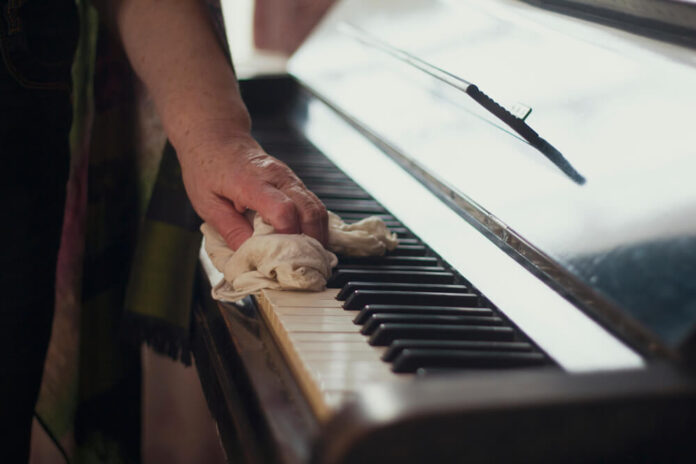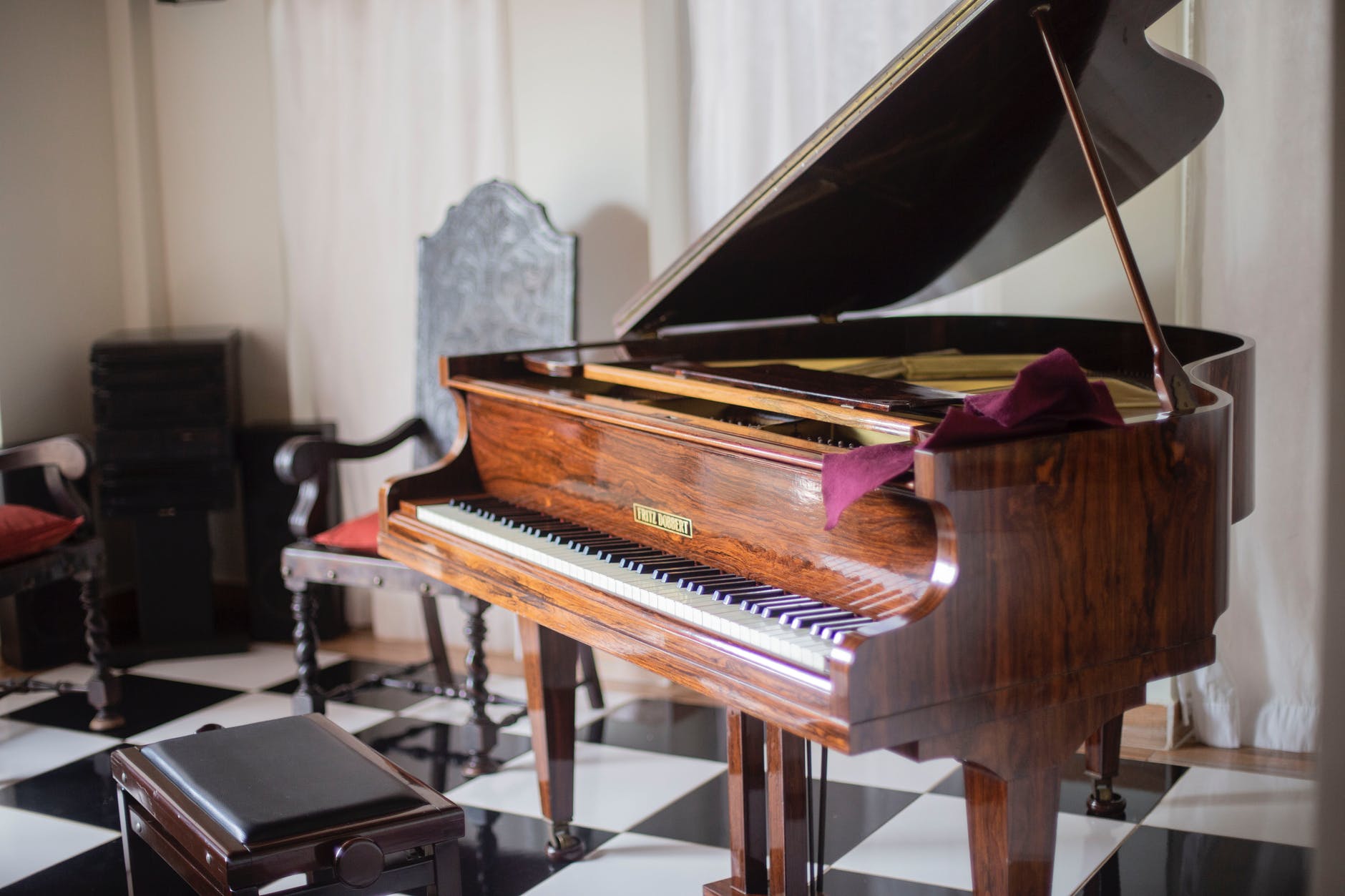Owning a piano was possible only for people of a certain social status for many centuries.
Thankfully, this elegant instrument has become much more accessible these days.
Naturally, it cannot be said that this is a cheap instrument. Still, more people own it these days than ever in history.
To prevent this instrument from getting damaged, for whatever reason, it is significant to maintain it frequently. It needs to be said that this is something you should consider as an option. Instead, we’re talking about a mandatory action that will increase the lifespan of your piano. So, do it frequently.
Some experts say that the new piano doesn’t require frequent maintenance. We can agree with this statement to an extent. It all depends on the instrument itself, its features, and its key parts. Now, let’s take a look at the top tips on how to maintain your grand piano most efficiently.
1. Regulation

Regulating your piano sounds rather strange. But, this is a procedure that makes the instrument work properly, by taking measures of prevention, such as necessary repairs. We can draw a parallel with changing the fluids inside your vehicle frequently, which is an absolute must, right?
Still, many owners overlook this significant step, for some reason. These measures of precaution depend solely on the instrument’s brand. Besides that, think about how frequently you play it, and what’s its overall condition. For some, this can be too much to handle.
We believe that this is the main reason why many overlook this step, as we’ve said. On paper, the best-known brands of pianos do not require frequent regulation. Still, we cannot stress how essential it is to perform the regulation at least once a year, just in case. That way, you can prevent many headaches.
2. Cleaning Keys

As you can presume, it is possible that various particles like dust or dirt can accumulate on the keys seriously. Not to mention that it is always possible for the user to have some sort of oil on its hands. All of these factors can lead to the accumulation of debris on the keys, and cause them to malfunction.
Thankfully, this is not a procedure that requires you to call a professional to do it instead of you. Practically any piano owner can do it on its own without anyone’s help. The only thing to pay attention to is whether these keys are made of plastic or ivory. The methods of cleaning rely on the material.
If your piano’s keys are made of plastic, you should use water mixed with vinegar. That way, you will perform the cleaning process easier, but not damage the surface at all. In the case of ivory keys, it is possible to use water with an addition of dish soap. To prevent the accumulation of debris, you can use a piano cover.
3. Tuning

Every piano expert knows that this is an instrument that needs to be tuned twice a year.
However, many people ask the question of whether they should do it in this timeframe. Well, the answer is pretty short. The answer is yes, especially when it comes to tuning the instrument.
Surely, you saw, at least in a movie, that the pianist can feel the problem with tuning just by pressing one of the keys and listening to its sounds. But, it needs to be said that it is not relevant simply because of how it sounds. Tuning plays a vital role in preventing any unnecessary piano damage.
For those who don’t know, tuning refers to the process of increasing the tensions of the strings. Over time, this grip can become loose, which causes them to sound in a way that is not good enough. Besides that, changing these strings can be quite hefty. Therefore, you would want to avoid it.
4. Voicing

Voicing is a touchy process that regulates the density of the hammer. Hammer is a part that is triggered by pressing keys. By voicing the hammer, you can adjust the strings to produce either a brighter or a richer tone. Professional pianists know just how essential this is for playing certain tunes.
The difference between voicing and tuning is a rather obvious one. Tuning is a mathematically exact process. At the same time, voicing is completely subjective. It determines what sort of sounds you want to produce. So, nobody should be surprised by this statement of ours.
It needs to be said that only a professional should perform maintenance or repair when it comes to voicing. It is a touchy process that cannot be done by just anyone. Doing it on your own can cause a plethora of problems for the instrument. These problems can be much pricier down the road.
Diagnosing Problems

Now we would like to mention something that many people are not aware of. It is possible to develop your senses enough to diagnose all the problems your piano has. The more you play it, you will have much more experience. To say it bluntly, you will have a much better sense when something’s wrong.
Diagnosing the problems doesn’t mean that you’re an expert and that you can fix them on your own. Do not perceive it that way. Instead, this sense will help you with having a good idea about what the problem is, and whether it is a big one or it can be resolved in the shortest amount of time.
In Conclusion
Maintaining your grand piano frequently should be one of your priorities, no matter if you are professional or not. Maintenance is something that keeps your piano alive, and it can prolong its lifespan for quite a lot of years.
In this article of ours, we’ve provided you with a couple of tips that can help with doing exactly that. Once again, we want to say that conducting some of these actions on your own can be dangerous in the long run. You certainly do not want to disrupt the instrument even more.







